When, in March 2020, Zambia became one of many countries around the world to close schools in an effort to prevent the spread of COVID-19, no one could possibly have imagined how much school its learners would miss in the months to come. Concerned about the detrimental and potentially irreversible effects on close to four million school-age Zambians’ education, First Quantum Minerals (FQM), through its Kansanshi Foundation, approached the Solwezi District Education Board about starting an initiative to bridge this education gap for primary school-going children, via a radio schooling programme which started on 1 June 2020.
The programme aimed to reach approximately 150,000 primary school students via lessons aired on Solwezi FCC Radio, which reaches about 50% of people living in North-Western Province. Thirty-minute lessons for Grades 1-7 were scheduled every weekday, five days a week.
“FQM Kansanshi has been supporting the primary subsector in our district for quite a long time,” said Mr Jonathan Kayuka, District Education Standards Officer at the Solwezi District Education Board (DEB). “The School-on-Radio Programme was initiated to sustain learning for primary subsector learners,” Mr Kayuka said.
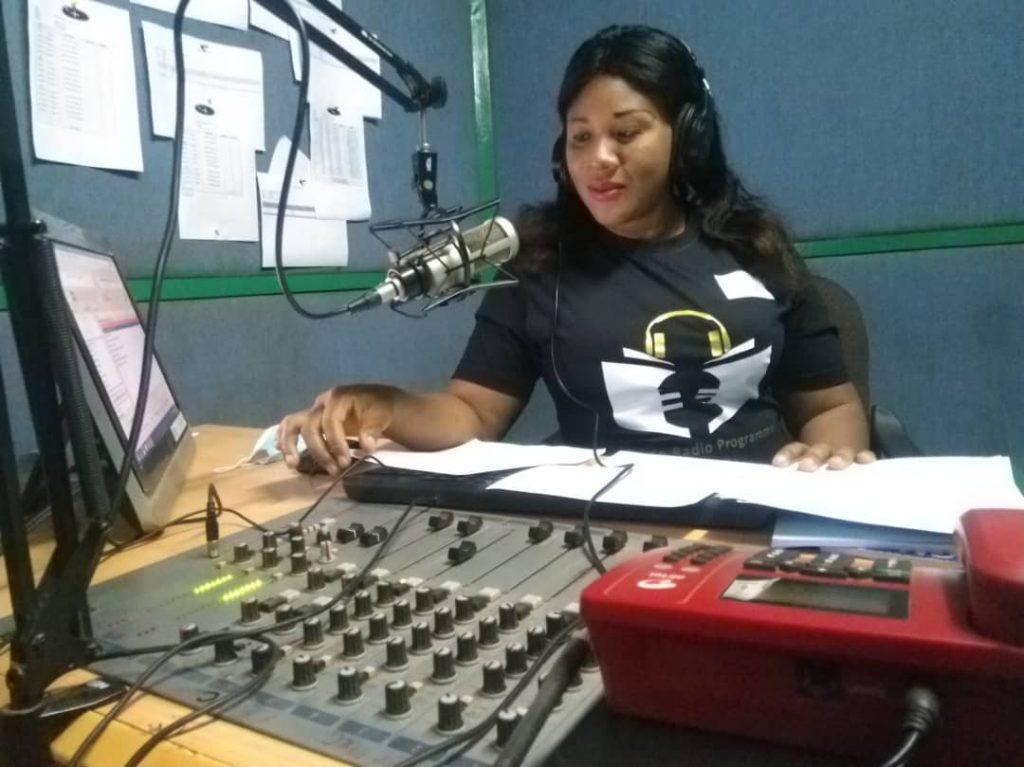
Schools stayed shut
In August 2020, it was announced that schools would remain closed, following a rise in COVID-19 cases. And so, the hiatus in education continued for millions of Zambian children, with skills like literacy increasingly at risk from underuse. When schools did reopen in September 2020, classroom hours were reduced. With e-learning schemes and television programming only accessible to privileged households, most of Zambia’s rural population was getting left behind.
“When schools reopened, learners were only expected to be at school for very few hours, making them lose out on a lot,” said Mr Dzingayi Mapepa, a teacher who continues to teach via radio in conjunction with classroom-based lessons. “The School-on-Radio Programme has at least been able to cushion what the learners miss at school.”
Initially scheduled to run from 1 June until 31 July 2020, the facilitators of School-on-Radio had, by then, received such overwhelmingly positive feedback from teachers, learners and parents that FQM continued funding the programme. The company also partnered with a second radio station — Radio Kabangabanga, which continues to broadcast 50% of the programme — in order to reach more learners.
Now, with President Edgar Lungu again ordering the closure of schools — from 18 June 2021, for a minimum of three weeks in the wake of rising COVID-19 cases — the School-on-Radio programme has been ramped up again to fulfil a vital role.
Proven success
“School-on-Radio is achieving many things,” said Ms Tabitha Ng’aandu, a current teacher in the programme. “Learners that participate are way ahead in terms of covering the syllabus as they haven’t had any breaks [in their education].”
“School-on-Radio is exciting: it’s about research, preparedness, and strategic planning. It has taught me to be a learning teacher.”
Findings from a formal evaluation of the programme, released in March 2021, show that 41% of the students sampled (170 out of 400) have been taking part in the radio lessons either “consistently” or “sporadically”. “This is very pleasing indeed,” said the programme’s facilitator, Dr Onward Mandebvu. “That means our programme reached nearly 50% of the target population. The teachers also felt the programme had been of great benefit to them. They learned better methods of teaching and now do their work much better than before,” he added.
Developing teachers
“I’ve learnt a lot from the School-on-Radio programme; it’s made me a better teacher,” said Mr Mapepa. “I should confess that, before, I was one of those teachers who would ask questions that were only trying to assess whether the learners could remember what I taught them. But, when I was brought onto this programme, I was taught different teaching methodologies and techniques. We’re not just there to make the learners remember — we also want them to justify things, and judge why they think their answer is correct. It’s enabled me to become a teacher who can encourage critical thinking.”
Fellow teacher Ms Ng’aandu agrees. “As a School-on-Radio teacher, I have learned how to ask questions to facilitate a higher level of learning. We are encouraged to follow Bloom’s Taxonomy and its ‘levels of learning.’ I don’t just end at the ‘knowledge’ and ‘understanding’ stage. I ask learners to create their own sentences and write short passages based on the day’s work, which is part of the ‘application’ stage.”
Another teacher in the programme, Mr Hustines Banda, mentioned the value of ongoing support from his supervisors. “After teaching, l sit down and listen to my lessons so I can improve. My supervisors are always checking my vocabulary, my pronunciation. School-on-Radio is exciting: it’s about research, preparedness, and strategic planning — one can’t use teaching experience alone behind the microphone. It has taught me to be a learning teacher.”
The training and guidance that teachers receive comes mostly from the Solwezi District Education Board (DEB). “From inception, my team from the District Education Board and I participated in the selection of teachers in consultation with schools, and trained the teachers in lesson preparation and delivery,” said Solwezi DEB’s Mr Kayuka. “Additionally, we checked prepared lessons before they aired, and we listened to lessons on air and provided feedback to the teachers.”
Stronger together
FQM Kansanshi continues to take responsibility for financing the programme, with the biggest cost being the purchasing of airtime from Solwezi FCC Radio, where the classes are aired. The mining company also covers the cost of teachers’ transport to the radio station, and provides additional compensation. “We aren’t experts in primary school teaching, but we did have the idea and the financial resources,” said Dr Mandebvu.
The partnership makes a compelling case for what can be achieved when Government and mining companies work together to focus their efforts and pool resources for the betterment of ordinary Zambians.
“Kansanshi FQM has not just supported the DEB during Covid-19 pandemic,” said Mr Kayuka, “but has been our all-weather partner in literacy programmes, provision of text books, and creating a conducive learning environment by constructing classrooms and providing desks.”
“This one programme is covering five to six districts in North Western province!” says Mr Mapepa. “No one knows when schools are going to open fully because of COVID. School-on-Radio is the only mode of teaching which can reach any learner despite their financial status. This programme is playing an enormous role in our society.”
See also: Sending school to children








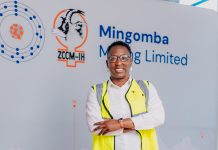



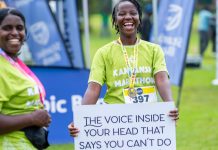




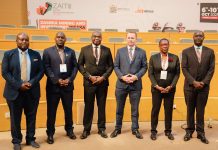
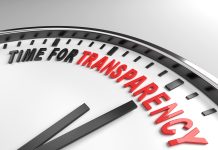




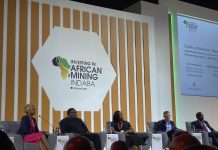
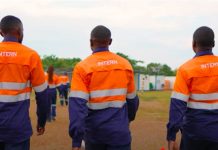

School calendar
It is high time to adapt. COVID19 is here to stay. Will we be closing school because of COVID19 surge and for how long. The way is to change academic calendar.